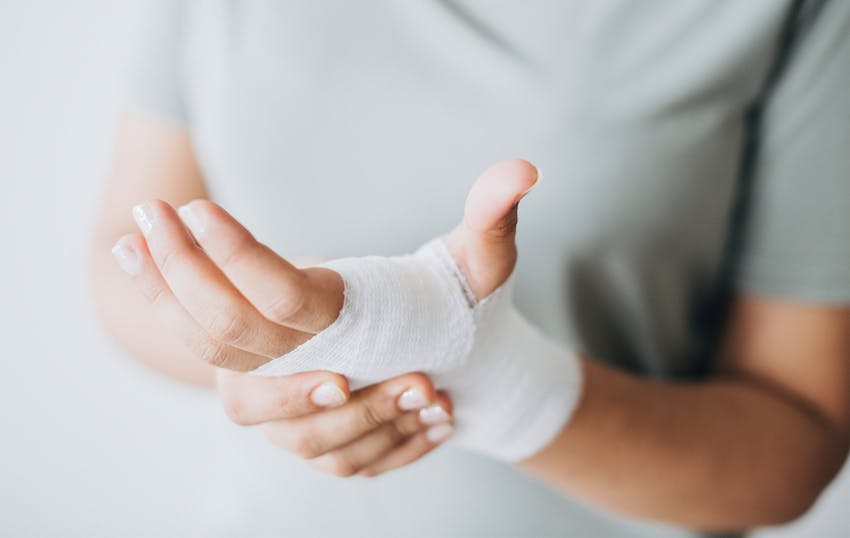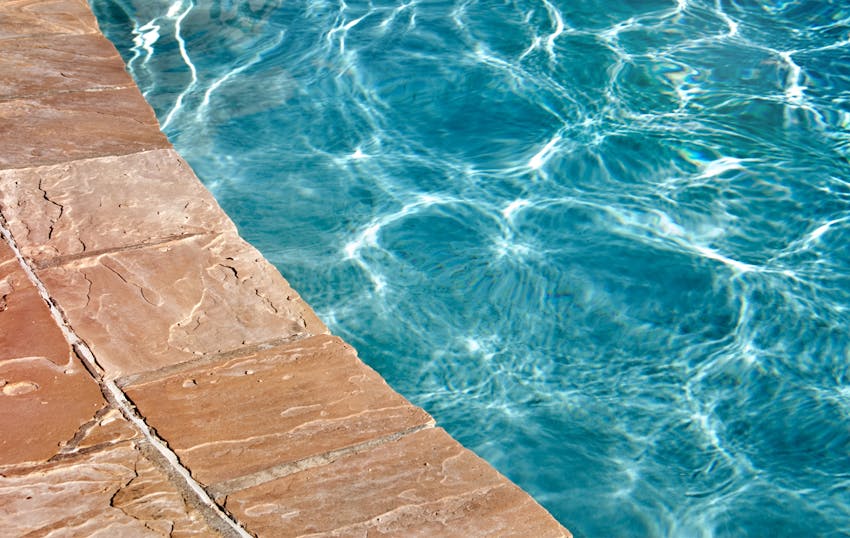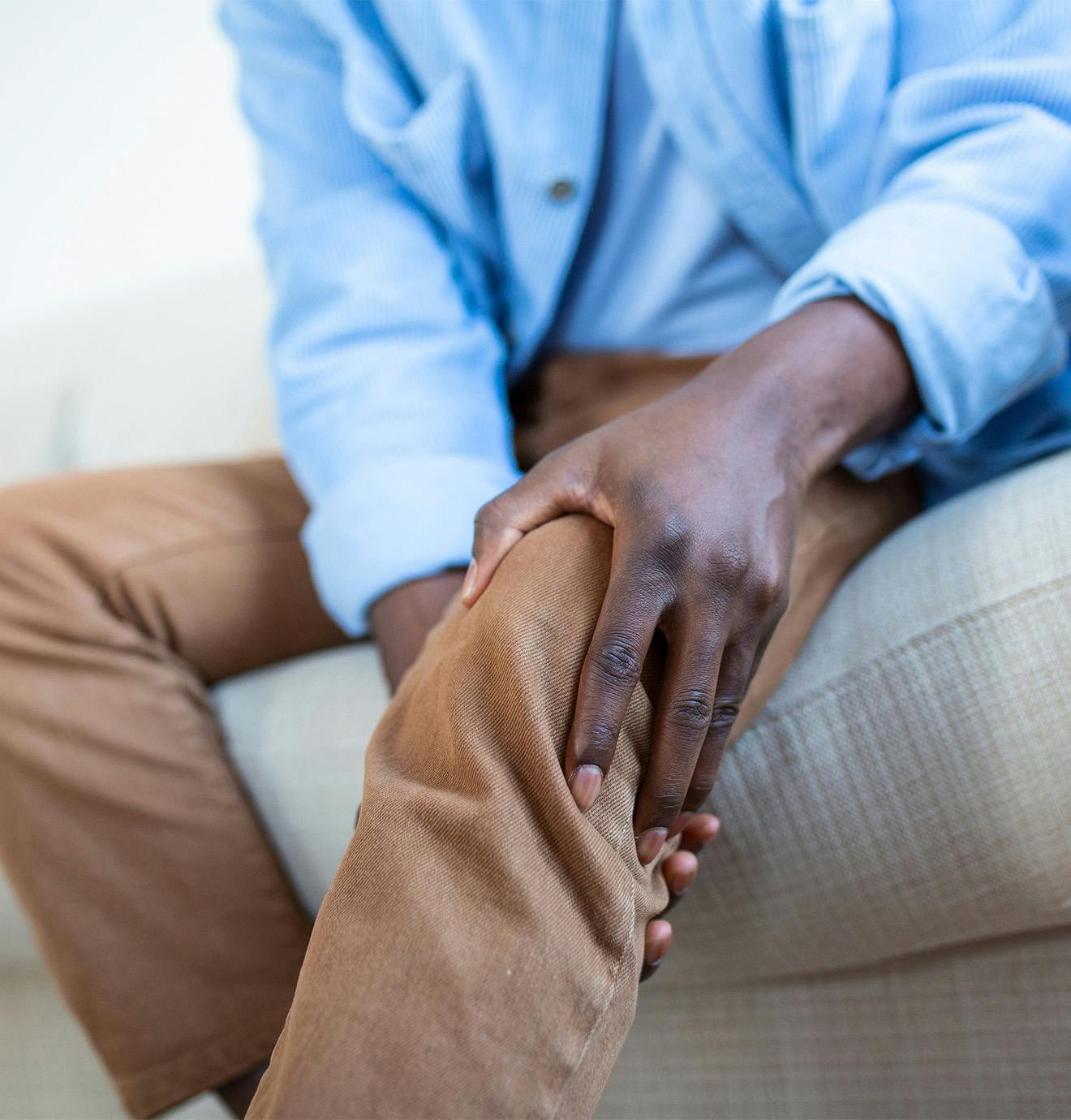If you were hurt on someone else’s property, that wasn’t just bad luck: it may have been negligence. Premises liability cases arise when property owners fail to fix hazards, warn visitors, or take basic safety seriously. Gus Anastopoulo Law Firm stays on the offense, digging into details, exposing failures, and pushing hard to hold property owners accountable for the harm they caused.
Types of Premises Liability Cases
Premises Liability Frequently Asked Questions
How long do I have to file a premises liability claim in South Carolina?
In most cases, South Carolina gives you three years from the date of the injury to file a premises liability lawsuit. That can change depending on who owns the property, especially if a government entity is involved. Miss the deadline, and your claim is likely dead.
What if the property owner says they didn’t know about the hazard?
They don’t get a free pass just by claiming ignorance of the conditions. Under South Carolina law, liability can be based on actual knowledge or constructive knowledge. If a dangerous condition existed long enough for the owner to have known about it through reasonable inspections, that may be enough to establish responsibility.
Can I still recover compensation if I was partly at fault?
Yes. South Carolina follows a modified comparative negligence rule. You can recover damages as long as you were less than 51% at fault, but your compensation may be reduced by your percentage of fault. Insurers fight hard to exaggerate blame, but we push back hard on those tactics to ensure fault remains where it belongs.











